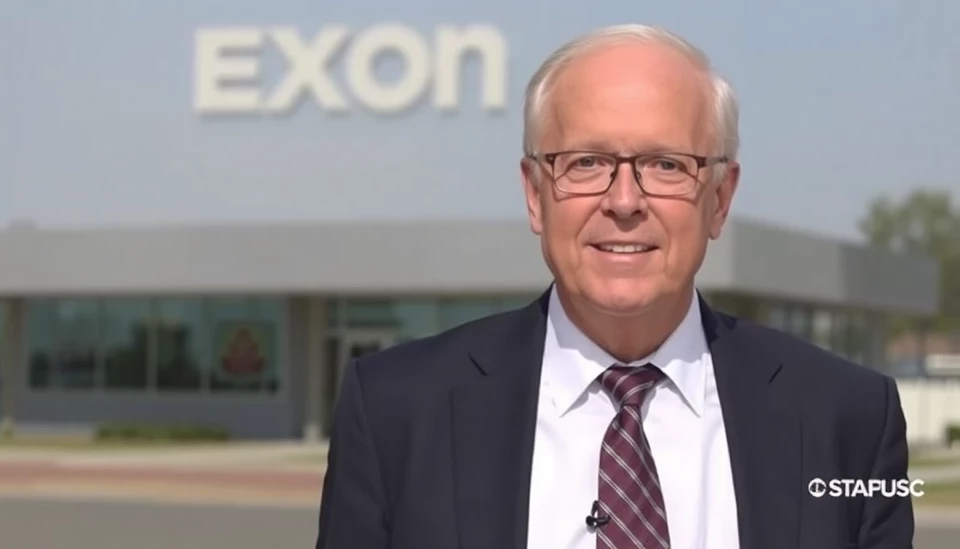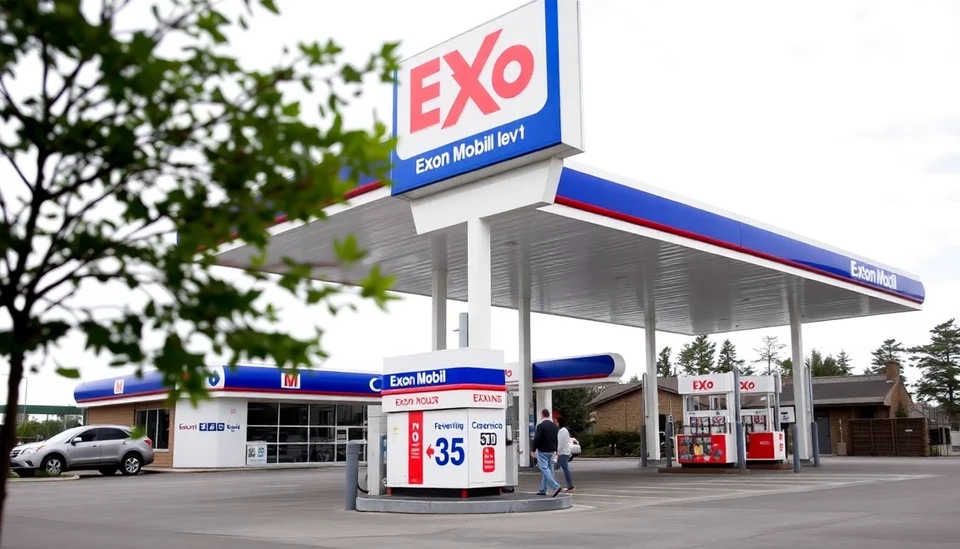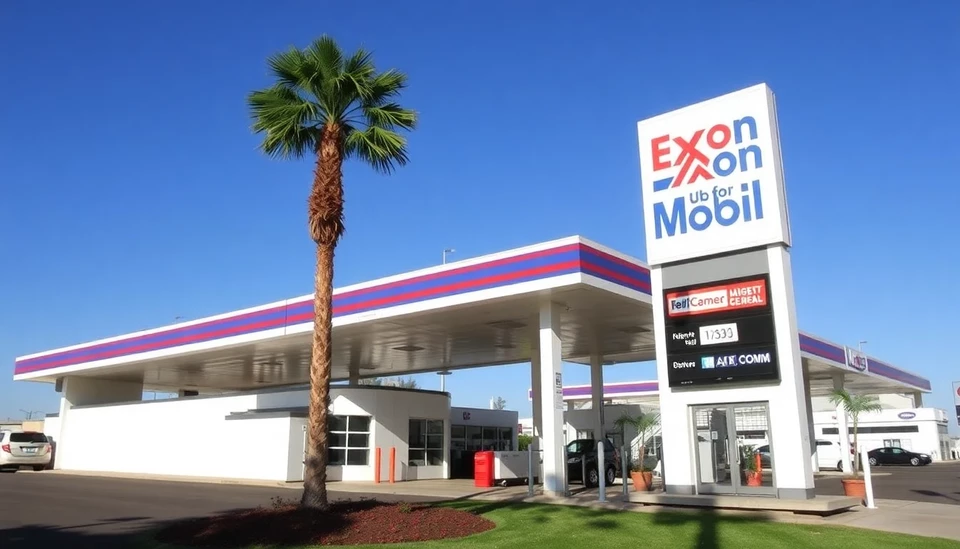
In a significant development for environmental management and carbon capture technologies, ExxonMobil has been granted approval for the largest offshore carbon storage site in the United States, located off the coast of Texas. This monumental decision was made by federal regulators as the energy giant seeks to expand its efforts in reducing greenhouse gas emissions through enhanced carbon capture and storage (CCS) initiatives.
The U.S. Department of the Interior has officially designated a vast expanse of the Gulf of Mexico as a dedicated storage site, capable of holding millions of tons of carbon dioxide safely underground. This initiative comes amidst growing concerns over climate change and the pressing need to mitigate its effects on the environment. Exxon, a key player in the oil and gas sector, has increasingly shifted its focus towards sustainable energy solutions, aligning with global targets to lower carbon footprints.
Located about 20 miles off the Texas coast, the site is expected to hold around 50 million tons of carbon dioxide, providing ExxonMobil with a substantial capability to sequester emissions from its ongoing and future operations. The company aims to utilize this site to complement its existing projects and contribute to a strategic plan that aspires to reduce carbon emissions from its portfolio by up to 30% by the year 2030.
The move is part of a broader initiative endorsed by the Biden administration, which is actively promoting the development of CCS technologies as a means to achieve national climate goals. The administration has placed a renewed emphasis on carbon capture as a critical technology that can help transition the country towards a more sustainable energy system, while also preserving jobs in traditional sectors.
Environmental advocates have expressed mixed feelings about this development. While some appreciate the investment in carbon storage technologies as a necessary step to accountability in the fossil fuel industry, others are concerned that such measures could inadvertently prolong reliance on oil and gas rather than driving a transition to more renewable energy sources.
ExxonMobil, however, remains optimistic about the future of this initiative. The company has reiterated its commitment to invest significantly in carbon capture technology, with ambitions not only to mitigate its emissions but also to provide solutions for other industries looking to decrease their environmental impact. This strategy is especially appealing to heavy emitters in sectors such as steel, cement, and chemical manufacturing.
This landmark approval comes at a crucial time when countries around the world are scrambling to meet their climate targets. The push for CCS is regarded as a pivotal strategy for reaching net-zero emissions by mid-century, making ExxonMobil's investment a potentially transformative step in reshaping how the energy sector interacts with environmental goals.
As the project develops, ExxonMobil will be keeping a vigilant eye on regulatory frameworks, technological advancements, and public sentiment, which will all play crucial roles in the success of this ambitious carbon storage venture. The eyes of the industry and environmentalists alike will be watching closely as this vital initiative unfolds in the quest for a sustainable future.
#ExxonMobil #CarbonStorage #ClimateChange #GulfOfMexico #CCS #RenewableEnergy #Sustainability
Author: Sophie Bennett




